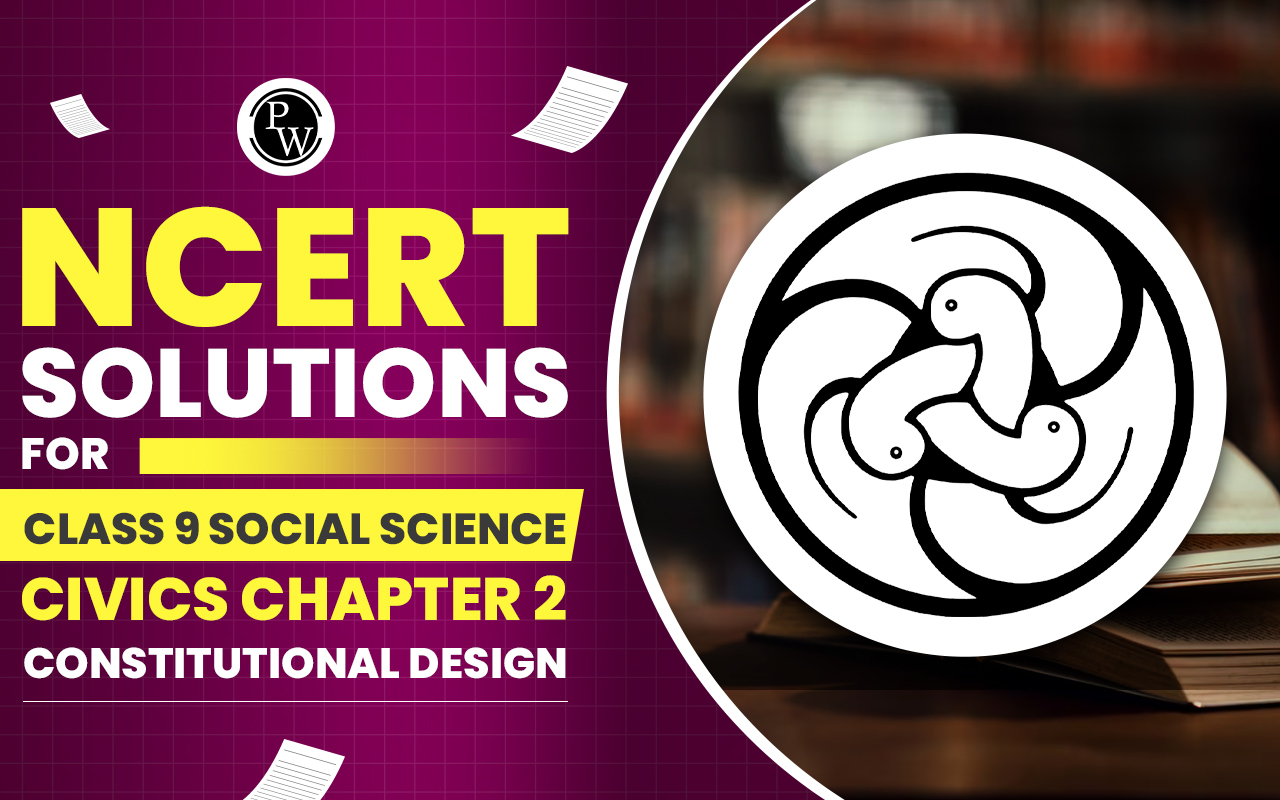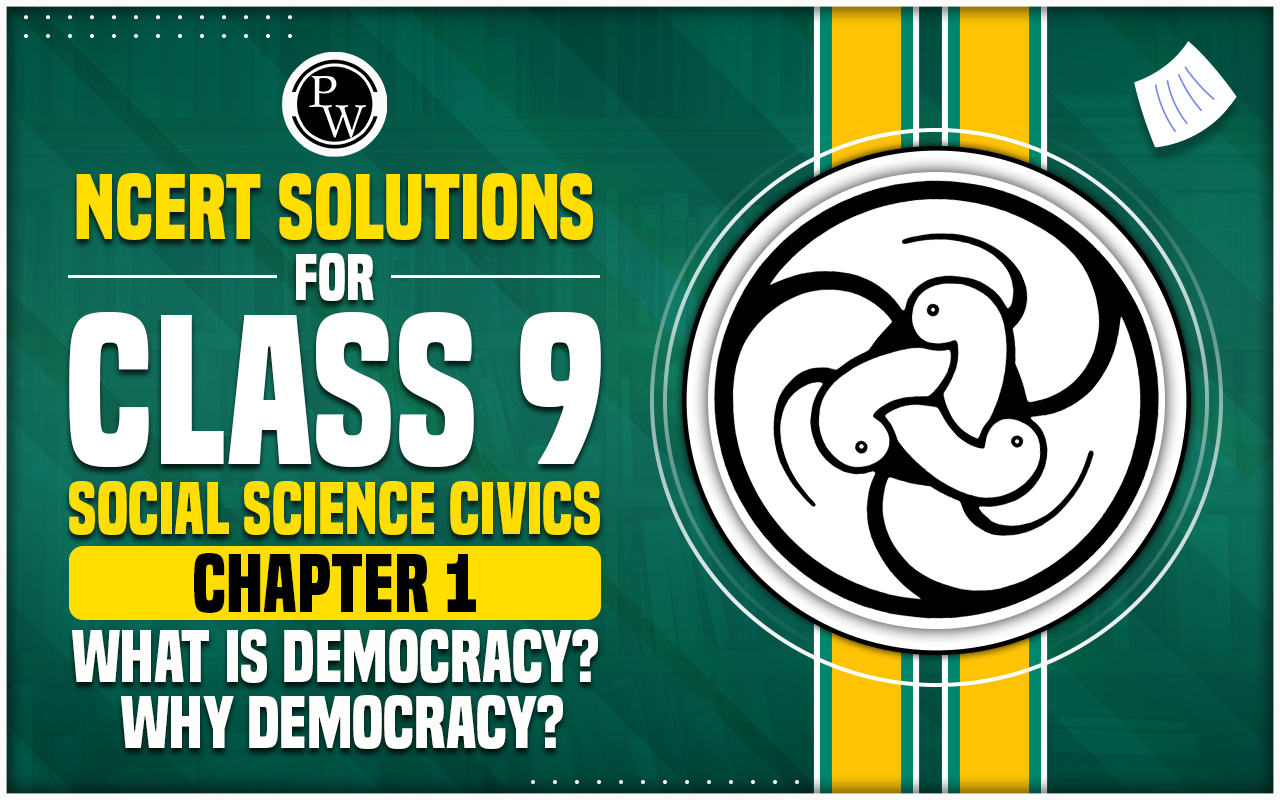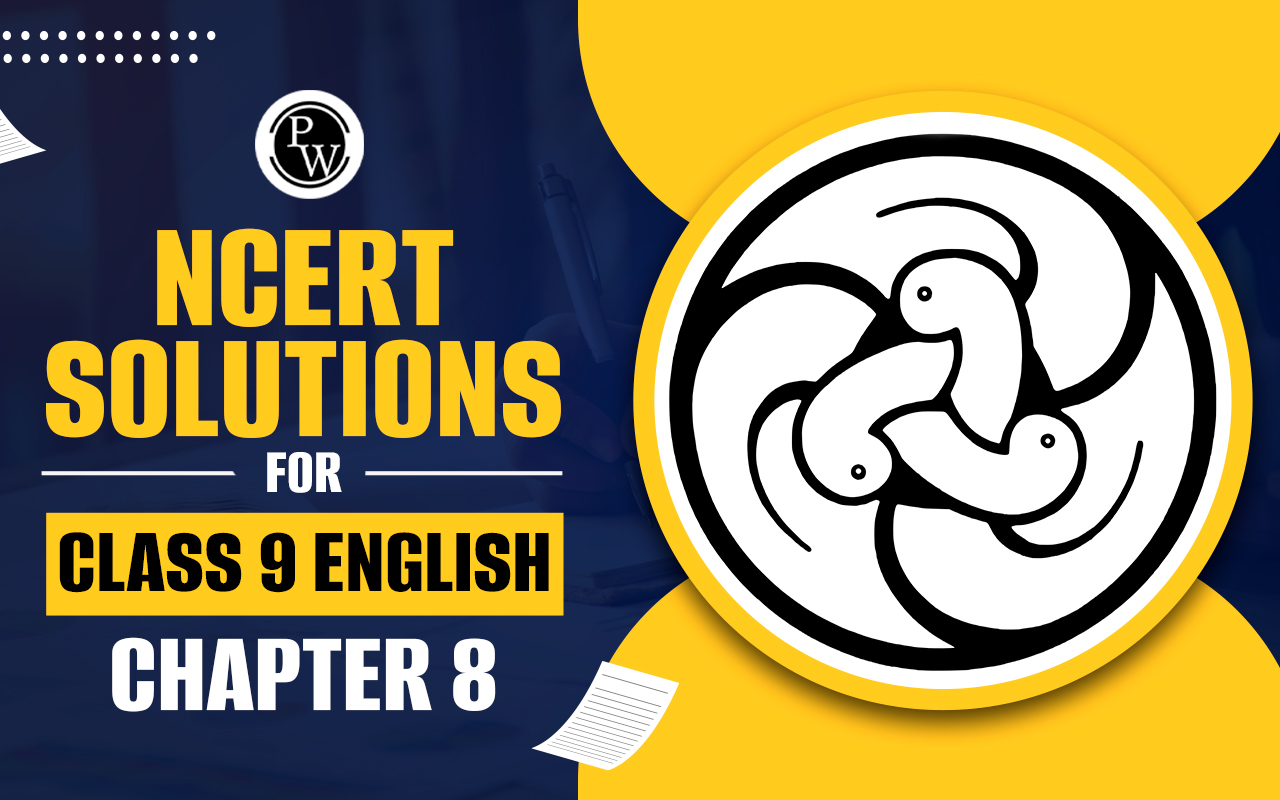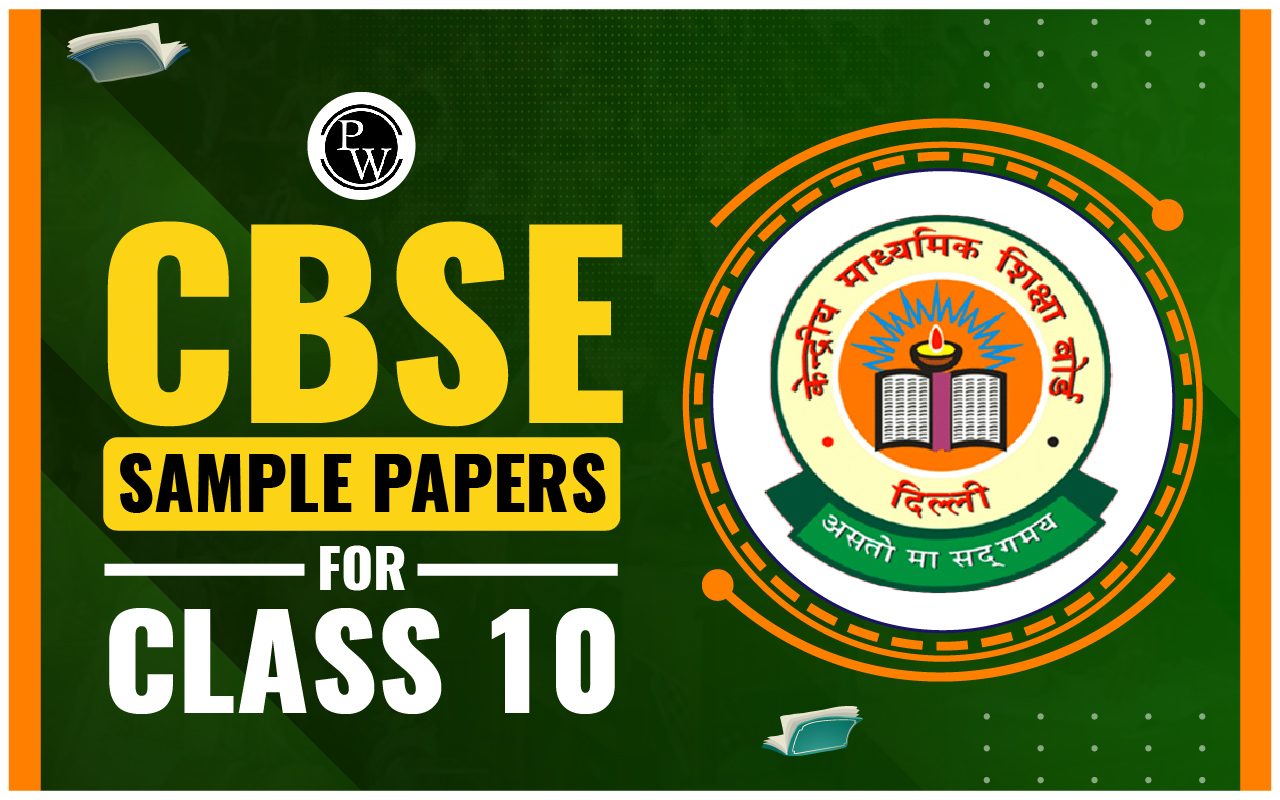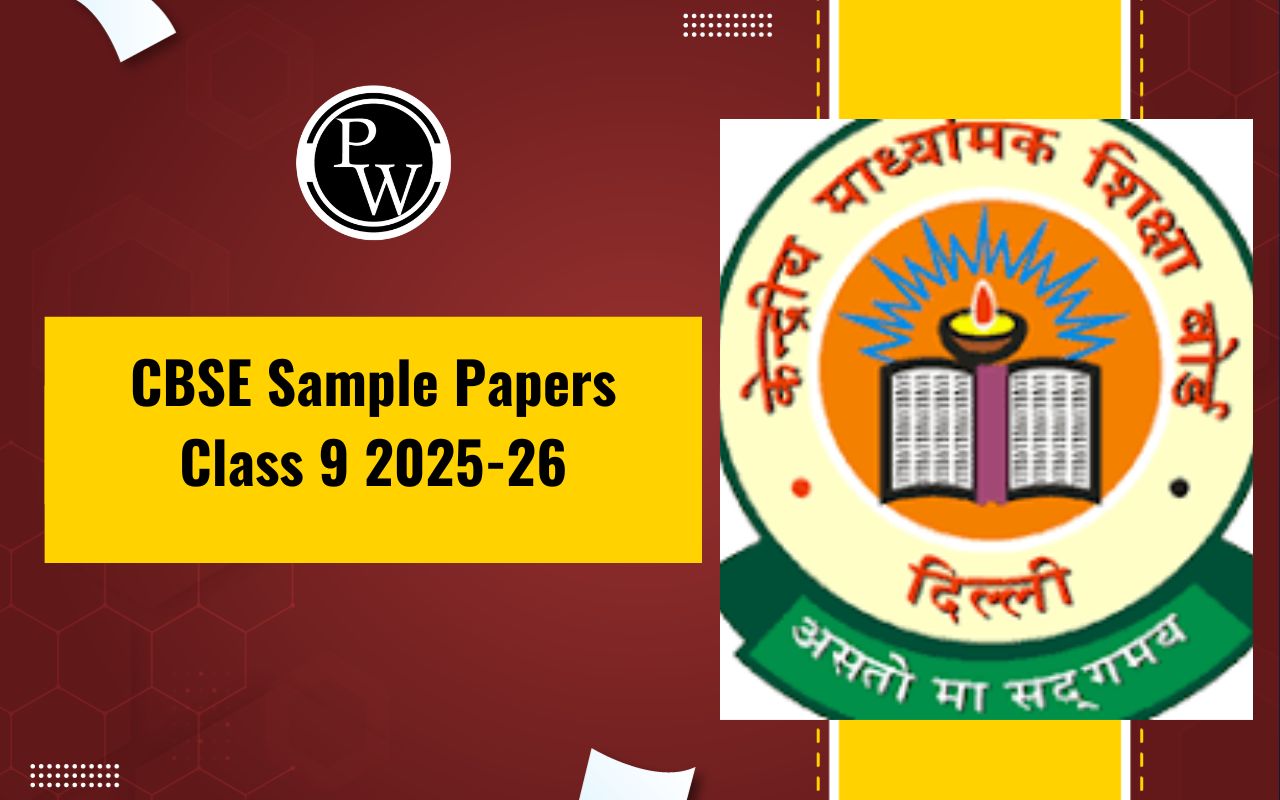
Irregular Verbs: Have you been having trouble understanding the function of irregular verbs? Relax, we've got you covered. You may learn more about irregular verbs in this article, including their definition and conjugation patterns for the simple past and past participle tenses of verbs.
In addition, there are several illustrations and guidelines on how to retain them. To find out more, look through the contents table provided below.Irregular Verbs Meaning
A verb that deviates from standard grammatical norms is called an irregular verb. For instance, the Macmillan Dictionary states that the verb "eat" is irregular since it has two past tenses: "ate" and "eaten," not "eated." A verb that is "not formed in the normal way" is referred to as an irregular verb in the Oxford Learners' Dictionary. In English, a verb's past and past participle forms are typically formed by appending the suffix "ed." This rule is not followed by irregular verbs.Conjugating
Conjugating irregular verbs can be a little challenging to learn. Although it is frequently believed to be a challenging endeavour, this is untrue. Please attempt to unlearn whatever preconceived assumptions you may have about irregular verbs before we begin. Let's go back to the beginning with an open mind. Based on how irregular verbs behave when transformed to reflect the simple past and past participle forms, there are three basic groups from which irregular verb conjugation can be learned. It fits into the following categories:Group 1: consists of irregular verbs that have the same spelling in both the simple past and past participle forms as the root verb. These verbs don't change in any sort of tense.
Group 2: Irregular verbs spelt the same in both the past participle and simple past forms. This group includes a few irregular verbs that also have different spellings.
Group 3: Non-regular verbs with three distinct spelling patterns for the base, simple past, and past participle forms of the verb.
Irregular Verbs Examples
Group 1 Irregular Verbs with the Same Spelling across All Forms
Here are examples of irregular verbs from Group 1, where the spelling remains the same across all forms:Burst
- Present: The balloon bursts.
- Past: The balloon burst.
- Past Participle: The balloon has burst.
Cut
- Present: She cuts the cake.
- Past: She cut the cake.
- Past Participle: She has cut the cake.
Hit
- Present: He hits the ball.
- Past: He hit the ball.
- Past Participle: He has hit the ball.
Hurt
- Present: It hurts.
- Past: It hurt.
- Past Participle: It has hurt.
Let
- Present: She lets her dog run.
- Past: She let her dog run.
- Past Participle: She has let her dog run.
Group 2 Irregular Verbs with the Same Simple Past Form and Past Participle Form
Here are examples of irregular verbs from Group 2, where the simple past form and past participle form are the same:Cost
- Present: The car costs a lot.
- Past: The car cost a lot.
- Past Participle: The car has cost a lot.
Hit
- Present: He hits the ball.
- Past: He hit the ball.
- Past Participle: He has hit the ball.
Hurt
- Present: It hurts.
- Past: It hurt.
- Past Participle: It has hurt.
Put
- Present: He puts the book on the shelf.
- Past: He put the book on the shelf.
- Past Participle: He has put the book on the shelf.
Shut
- Present: He shuts the door.
- Past: He shut the door.
- Past Participle: He has shut the door.
Group 3 Irregular Verbs with Completely Different Spellings for Each Form
Here are some examples of irregular verbs where each form (base form, past tense, and past participle) has completely different spellings:- Go - Went - Gone
- Be - Was/Were - Been
- Do - Did - Done
- Eat - Ate - Eaten
- Drive - Drove - Driven
- Write - Wrote - Written
- Break - Broke - Broken
- Choose - Chose - Chosen
- Speak - Spoke - Spoken
- Take - Took - Taken
| Verbs | Verb Forms |
| Main Verbs | Helping Verbs |
| Regular Verbs | Transitive and Intransitive Verbs |
Irregular Verbs List
Below is the complete word list for Irregular Verbs -| Base Form | Past Simple (V2) | Past Participle (V3) |
| arise | arose | arisen |
| awake | awoke | awoken |
| be | was/were | been |
| bear | bore | born(e) |
| beat | beat | beaten |
| become | became | become |
| begin | began | begun |
| bend | bent | bent |
| bet | bet | bet |
| bind | bound | bound |
| bite | bit | bitten |
| bleed | bled | bled |
| blow | blew | blown |
| break | broke | broken |
| breed | bred | bred |
| bring | brought | brought |
| broadcast | broadcast | broadcast |
| build | built | built |
| burn | burnt/burned | burnt/burned |
| burst | burst | burst |
| buy | bought | bought |
| can | could | ... (been able) |
| catch | caught | caught |
| choose | chose | chosen |
| cling | clung | clung |
| come | came | come |
| cost | cost | cost |
| creep | crept | crept |
| cut | cut | cut |
| deal | dealt | dealt |
| dig | dug | dug |
| do | did | done |
| draw | drew | drawn |
| dream | dreamt/dreamed | dreamt/dreamed |
| drink | drank | drunk |
| drive | drove | driven |
| eat | ate | eaten |
| fall | fell | fallen |
| feed | fed | fed |
| feel | felt | felt |
| fight | fought | fought |
| find | found | found |
| fly | flew | flown |
| forbid | forbade | forbidden |
| forget | forgot | forgotten |
| forgive | forgave | forgiven |
| freeze | froze | frozen |
| get | got | got |
| give | gave | given |
| go | went | gone |
| grind | ground | ground |
| grow | grew | grown |
| hang | hung | hung |
| have | had | had |
| hear | heard | heard |
| hide | hid | hidden |
| hit | hit | hit |
| hold | held | held |
| hurt | hurt | hurt |
| keep | kept | kept |
| kneel | knelt | knelt |
| know | knew | known |
| lay | laid | laid |
| lead | led | led |
| lean | leant/leaned | leant/leaned |
| learn | learnt/learned | learnt/learned |
| leave | left | left |
| lend | lent | lent |
| lie (in bed) | lay | lain |
| lie (to not tell the truth) | lied | lied |
| light | lit/lighted | lit/lighted |
| lose | lost | lost |
| make | made | made |
| may | might | ... |
| mean | meant | meant |
| meet | met | met |
| mow | mowed | mown/mowed |
| must | had to | ... |
| overtake | overtook | overtaken |
| pay | paid | paid |
| put | put | put |
| read | read | read |
| ride | rode | ridden |
| ring | rang | rung |
| rise | rose | risen |
| run | ran | run |
| saw | sawed | sawn/sawed |
| say | said | said |
| see | saw | seen |
| sell | sold | sold |
| send | sent | sent |
| set | set | set |
| sew | sewed | sewn/sewed |
| shake | shook | shaken |
| shall | should | ... |
| shed | shed | shed |
| shine | shone | shone |
| shoot | shot | shot |
| show | showed | shown |
| shrink | shrank | shrunk |
| shut | shut | shut |
| sing | sang | sung |
| sink | sank | sunk |
| sit | sat | sat |
| sleep | slept | slept |
| slide | slid | slid |
| smell | smelt | smelt |
| sow | sowed | sown/sowed |
| speak | spoke | spoken |
| spell | spelt/spelled | spelt/spelled |
| spend | spent | spent |
| spill | spilt/spilled | spilt/spilled |
| spin | spun | spun |
| spit | spat | spat |
| spread | spread | spread |
| stand | stood | stood |
| steal | stole | stolen |
| stick | stuck | stuck |
| sting | stung | stung |
| stink | stank | stunk |
| strike | struck | struck |
| swear | swore | sworn |
| sweep | swept | swept |
| swell | swelled | swollen/swelled |
| swim | swam | swum |
| swing | swung | swung |
| take | took | taken |
| teach | taught | taught |
| tear | tore | torn |
| tell | told | told |
| think | thought | thought |
| throw | threw | thrown |
| understand | understood | understood |
| wake | woke | woken |
| wear | wore | worn |
| weep | wept | wept |
| will | would | ... |
| win | won | won |
| wind | wound | wound |
| write | wrote | written |
Benefits of Learning Irregular Verbs
Here we have provided some of the benefits of learning these verbs -- Reduced Cognitive Load : Breaking down the learning process into smaller steps reduces the cognitive load on the learner. Instead of trying to memorize all irregular verbs at once, focusing on a subset makes the task more manageable.
- Increased Retention : Learning in steps allows for better retention of information. By mastering a smaller set of irregular verbs before moving on to the next set, learners can build a solid foundation of knowledge and reinforce their memory.
- Progressive Mastery : Step-by-step learning enables progressive mastery of irregular verbs. Learners can gradually increase their proficiency by mastering one set of irregular verbs before moving on to the next, leading to a sense of accomplishment and motivation.
- Practice : Breaking these verbs into steps allows for targeted practice. Learners can focus on a specific subset of irregular verbs, dedicating time and effort to mastering them before moving on to more complex forms.
- Improved Confidence : Mastering these verbs in steps boosts learners' confidence. As they successfully learn and practice each step, they gain confidence in their ability to tackle more challenging irregular verbs, leading to overall improvement in language proficiency.
- Enhanced Fluency : Learning irregular verbs in steps contributes to enhanced fluency in language usage. By internalizing the conjugation patterns of irregular verbs gradually, learners can incorporate them more naturally into their speech and writing.
- Learning : Step-by-step learning allows for a customized approach tailored to individual learning styles and preferences. Learners can progress at their own pace, spending more time on challenging irregular verbs while moving more quickly through familiar ones.
Irregular Verbs FAQs
What is an irregular verb with an example?
What do irregular verbs mean?
How to identify irregular verbs?


